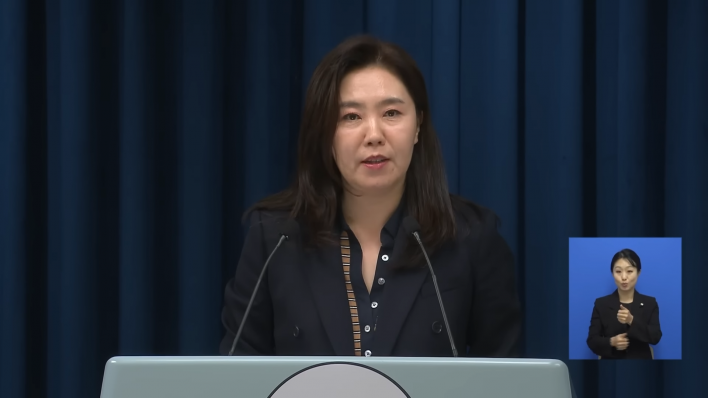
Presidential Office spokesperson Kang Yu-jeong said in a briefing on the 15th that President Lee Jae-myung visited Krafton’s multi-purpose cultural venue “PUBG Seongsu” earlier in the day and held an on-site roundtable under the theme “Leveling Up to Become the World’s No. 3 Game Powerhouse.” The meeting was part of K-culture Week and marked the first game-industry roundtable chaired by the president.
According to Kang, President Lee said during the discussion, “Let’s make the Republic of Korea a global cultural-industry nation,” stressing that the game sector is a core component of the cultural industry. He went on: “We need to change our perception and mindset regarding games. We should re-recognize the high level of engagement with games as an industry worthy of support, and turn it into an opportunity to create national wealth and jobs.”
Addressing the game industry’s call for “flexible operation of working hours,” President Lee acknowledged that “there are two sides to this.” He added, “While we must consider the needs of developers and businesses, we cannot allow employed workers to be treated like expendables.” Kang said the president emphasized that the issue should be resolved wisely by reflecting the views of both sides.
Regarding the closed-door discussion, Kang relayed that Kim Taek-jin, CEO of NCSoft, said, “Competition with neighboring countries has intensified, but advances in AI technology have also created opportunities to amplify the creativity of small studios,” emphasizing the need to promote games as an industry.
Kim Jeong-wook, CEO of Nexon, argued that “games should also be treated as a strategic item,” calling for a shift in perception to enable innovation and global expansion. Yoo Seung-hyun, CEO of Wonder Potion, suggested that “even small-scale support, if extended to more teams, can be effective.”
In the ensuing Q&A, Kang said there was additional discussion on the question of working-hours flexibility. “The president has been raising this issue since his time as party leader,” she explained. “There was back-and-forth on whether current labor law already allows for concentrated work over three-month or six-month periods.” She added, “The president underscored that workers must not suffer harm or burnout, and said he would listen to further opinions on what can be done within the system and where the system falls short.”
On questions about tax credits and regulatory easing, Kang said the president “expressed regret that, during his time as a local government chief, we missed the golden time in competition with China,” adding that he “remarked that approaching games only through the lens of addiction or excessive immersion may have widened the gap over the past four to five years.”
With respect to tax credits, Kang said President Lee “noted that we should consider support for foundational areas such as production, as we do for other arts fields,” while also stressing that “this is a very sensitive matter that requires in-depth discussion,” and that he listened attentively.
Kang also reported that, as he concluded the roundtable, President Lee emphasized protection of user rights. “We need to examine how issues that infringe on user rights—such as probability-based items (loot boxes)—have been improved, and what efforts companies have made,” he said. “For games to grow as an industry, we must address not only the producer’s perspective but also, without fail, the consumer and user perspective.”
Kang added that there was also brief discussion of China’s game distribution licensing—i.e., the banhao (publishing license) issue—but due to time constraints, the Minister of Culture, Sports and Tourism would provide a separate report and continue the discussion at a later time.
This article was translated from the original that appeared on INVEN.
![]()
- Doohyun "Biit" Lee
- Email : biit@inven.co.kr

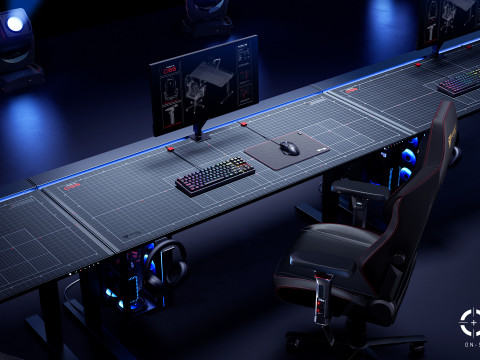
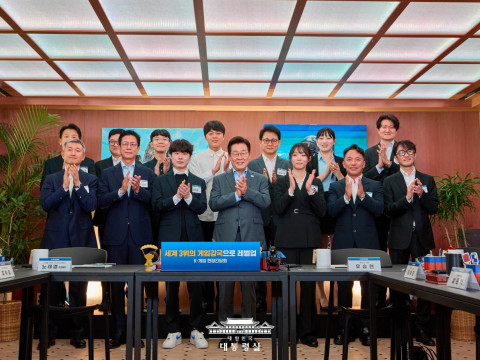
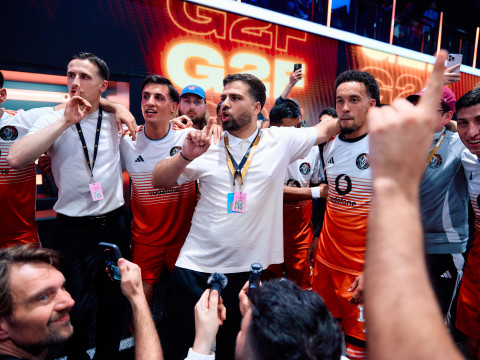

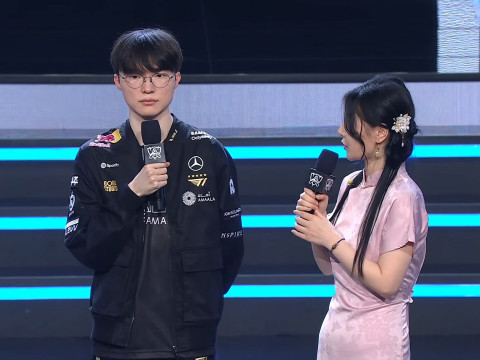
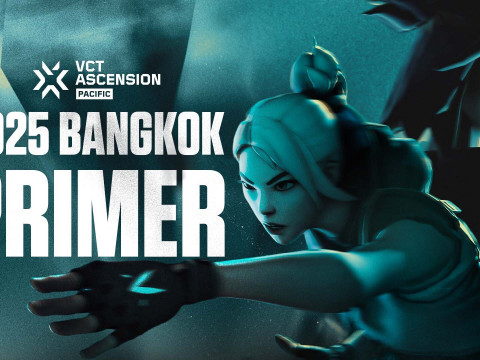
Sort by:
Comments :0